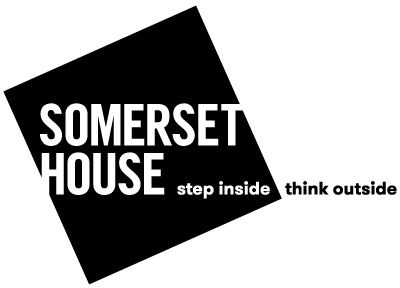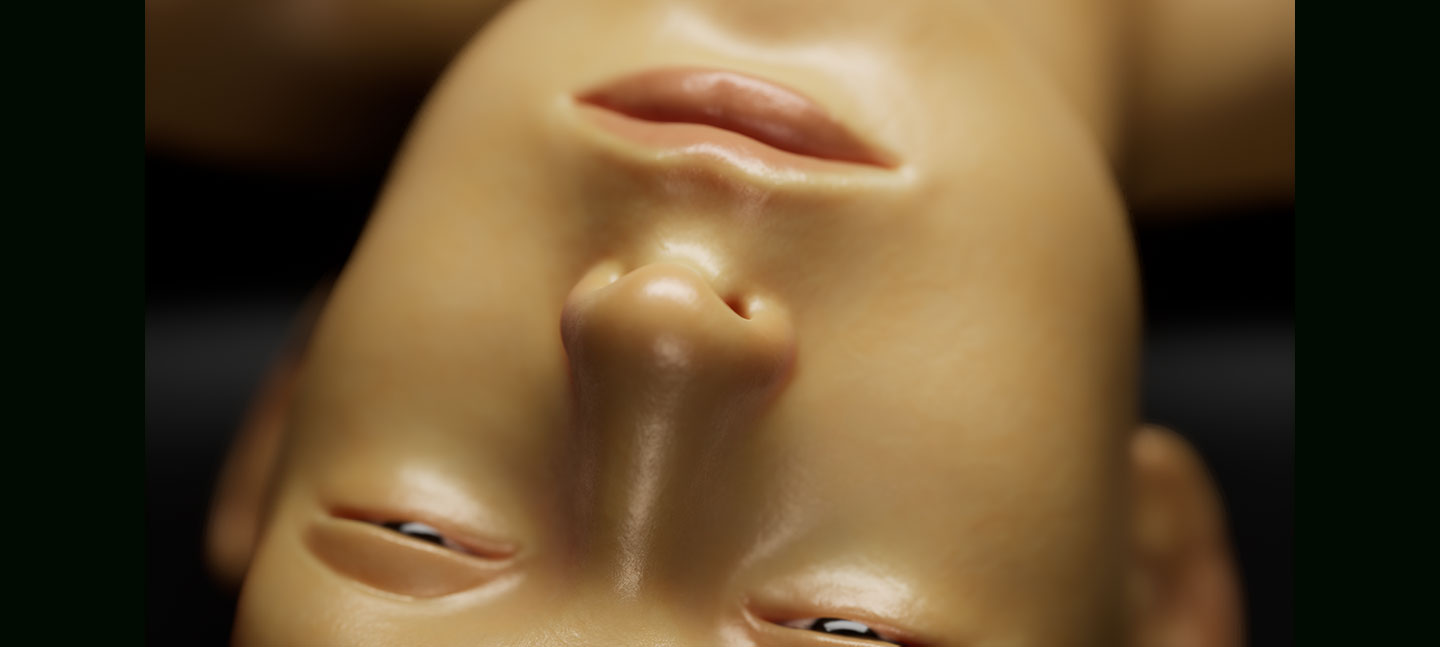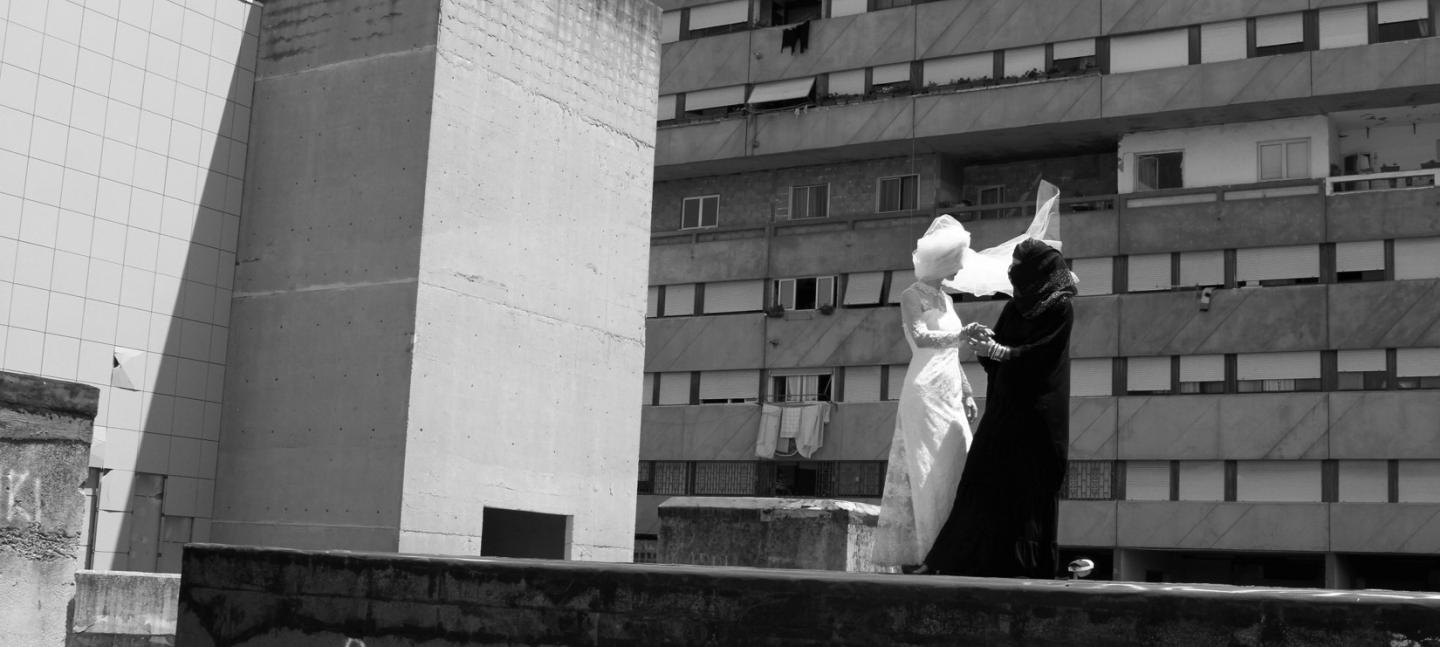SAT 21 JAN
Ideas of Utopia: Chance and Play
Cinema has visited dystopia more than utopia but both feature regularly. The inner world of utopia, realised through the intimacy of film, enables us to explore a different, subtler take. These films, selected and presented by UTOPIA 2016 Artistic Advisor, Gareth Evans, begin by exploring the inner, intimate world of utopia – and move on to the wider landscapes in which utopian dreams have been, and continue to be shaped.












